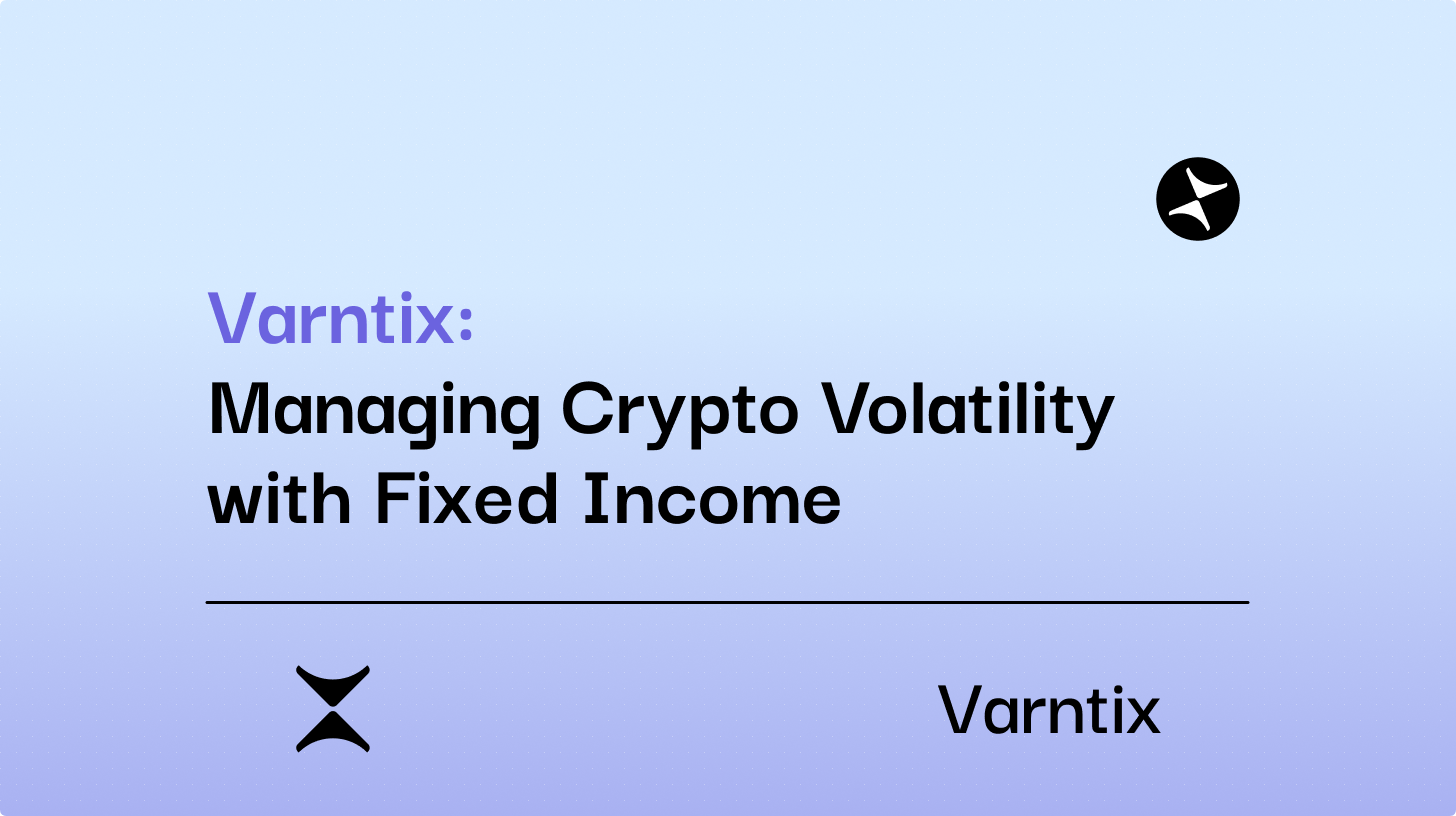Simplifying dApp Interactions: Exploring Gas Station Networks (GSN)
Quick Overview - Gas Station Networks (GSN)
Gas Station Networks (GSN) consist of a series of protocols and tools designed to streamline user interactions with decentralized applications (dApps) operating on the Ethereum blockchain. GSN allows individuals to settle transaction fees using tokens other than Ether (ETH), simplifying the intricacies of gas management. This approach enables users to engage with dApps without the burden of managing gas prices or the necessity of holding ETH.
Understanding Gas Station Networks (GSN)
Gas Station Networks (GSN) are an ensemble of protocols and tools that enhance user interaction with decentralized applications (dApps) on the Ethereum blockchain. GSN simplifies gas management, permitting fees to be paid with tokens other than Ether (ETH), thus improving user accessibility and ease of use.
The Mechanism Behind Gas Station Networks (GSN)
Gas Station Networks (GSN) function by deploying a relay system, which acts as a middleman between users and dApps. When a user opts to connect with a dApp, a request is sent to a GSN relay, which subsequently transmits the request to the dApp for the user. The relay takes on the task of covering transaction fees in Ether while deducting an equivalent token value from the user's account.
GSN relays are motivated to offer this service by receiving a share of the tokens used for transaction fee payments. This incentive structure fosters the growth of the GSN ecosystem and ensures a consistent availability of relays for users.
Advantages of Employing Gas Station Networks (GSN)
Gas Station Networks (GSN) present multiple advantages for both users and developers of dApps:
- Simplified gas handling: GSN takes the hassle out of gas management, freeing users from concerns about gas prices or holding Ether. Users can conveniently pay transaction fees using tokens they already possess.
- Enhanced user engagement: By eliminating the need for users to manage gas, GSN refines the user's interaction experience with dApps, allowing them to prioritize the app's functions rather than technical gas fee concerns.
- Easier access for newcomers: GSN reduces entry barriers for new users by removing the necessity of owning Ether, enabling immediate use of dApps without needing to purchase ETH through exchanges.
- Increased token functionality: GSN enhances the utility of tokens by enabling their use for transaction fees, potentially boosting token demand and providing additional use cases.
Hurdles and Restrictions of Gas Station Networks (GSN)
Despite the noteworthy benefits offered by Gas Station Networks (GSN), there are challenges and limitations to be mindful of:
- Relay dependency: GSN relies on relays for processing user transactions. A limited or concentrated relay network could raise centralization issues. Efforts are ongoing to promote a more decentralized relay network.
- Potential security threats: The introduction of relays as intermediaries may pose security threats. Malicious relays could interfere with transactions or gather sensitive information. It's crucial to carefully select and conduct audits of relays to mitigate these risks.
- Fluctuating token values: The use of tokens for transaction fees subjects users to potential token value fluctuations, adding complexity and unpredictability for users and dApp developers alike.
Instances of Gas Station Networks (GSN)
Several implementations of Gas Station Networks (GSN) exist:
- OpenGSN: OpenGSN is an open-source GSN implementation that offers a standardized protocol set and tools for developers to incorporate GSN into their dApps.
- GSNv1: GSNv1 was the original version, serving as a proof-of-concept that confirmed the feasibility of gas abstraction and paved the way for future advancements.
- GSNv2: GSNv2 is an enhanced iteration that tackles some of GSNv1's limitations. It includes a decentralized relay registry and other improvements to bolster decentralization and security.
Final Thoughts
Gas Station Networks (GSN) provide an improved user experience for interacting with decentralized applications (dApps) on the Ethereum blockchain. By simplifying gas management and permitting transaction fee payments in various tokens, GSN enhances accessibility and lowers entry barriers. Nevertheless, challenges such as relay centralization and security issues need to be addressed to ensure GSN's sustained success and adoption.









